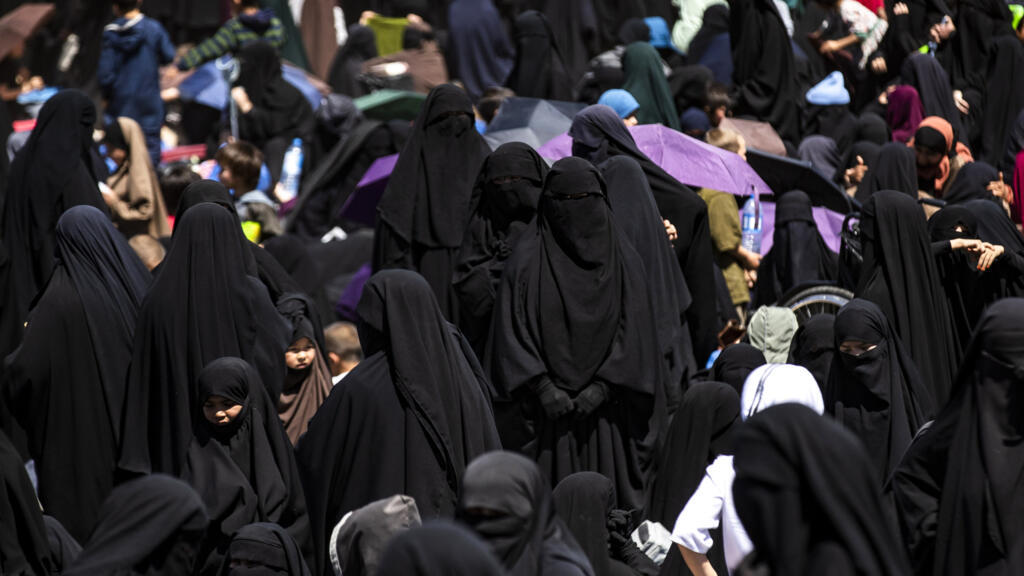France Repatriates Women and Children from Syria
On a recent Tuesday, France successfully repatriated three women and ten children from Kurdish-run prisons in northeastern Syria. This operation marks the first instance of such a move in two years, according to the French anti-terror prosecutors. The repatriation is particularly significant as France faces increasing international pressure to recover its citizens connected to the Islamic State (IS) group who are still detained in various camps across the region.
The decision to repatriate these individuals aligns with France's broader efforts to address security concerns stemming from the return of French citizens who had traveled to Syria and Iraq to join militant groups. Over the past few years, the situation in Syrian detention facilities has become increasingly precarious, which has heightened the urgency for various nations to intervene and manage their citizens who may pose security risks upon their return.
The French government has been criticized for its slow pace in addressing the return of its nationals involved with IS. As these individuals face various legal and social challenges upon repatriation, public opinion within France remains divided. Some segments of the population advocate for strict measures against anyone returning from conflict zones, citing national security concerns, while others argue for the humane treatment of families caught up in such dire circumstances.
The three women and their ten children represent just a small portion of the hundreds of individuals from France who are still held in similar conditions in northern Syria. Repatriation operations such as this one are intricate, balancing humanitarian concerns with national security measures. The French government must navigate these complexities carefully to address both the legal implications and the potential risks associated with bringing these citizens back to France.
This recent operation not only underscores France's obligation towards its citizens but also reflects its ongoing commitment to international norms regarding the treatment of foreign fighters and their families. As countries around the world grapple with the consequences of returning IS affiliates, it remains an evolving situation that demands careful consideration and response.
As France continues to respond to the challenges posed by its citizens involved with IS, the broader international community watches closely. This repatriation may set a precedent for how other nations approach similar dilemmas. The evolving geopolitical landscape surrounding the fight against terrorism and its aftermath will undeniably influence future policies and decisions carried out by France and its allies.












